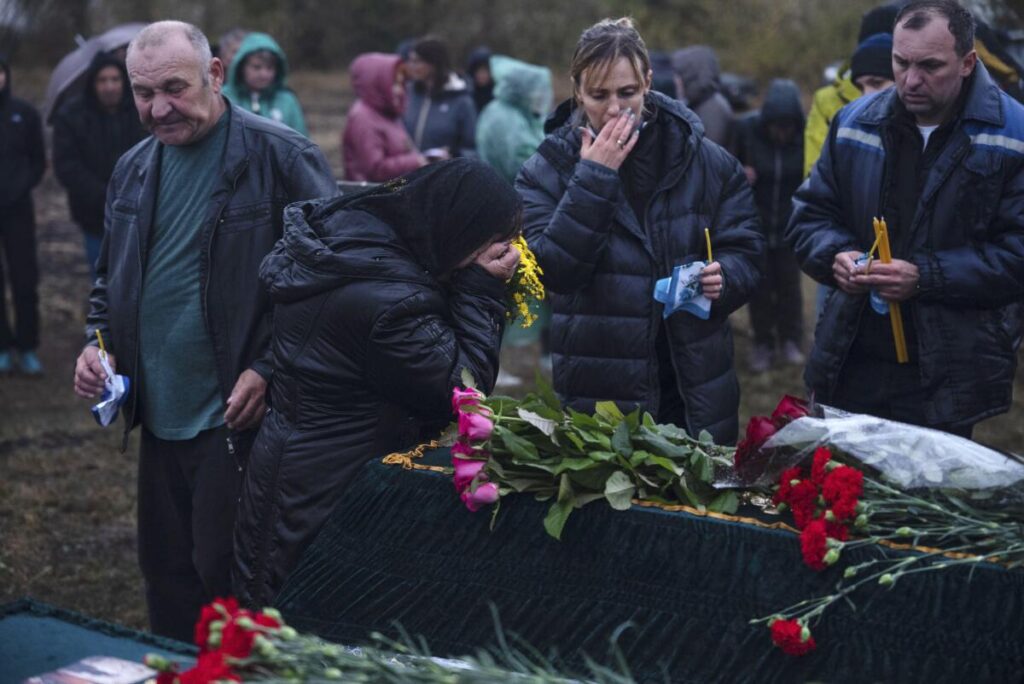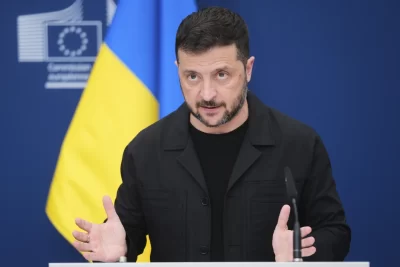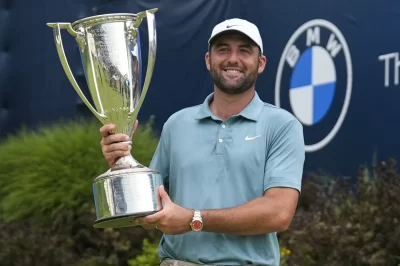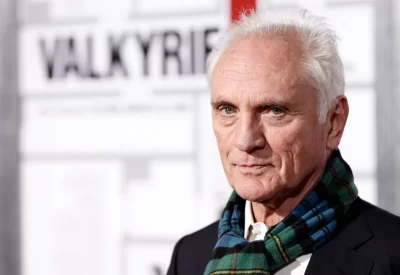
U.N. and local investigators searched for answers on Saturday at the site of a Russian missile strike on a small Ukrainian village that days earlier turned its sole cafe to rubble and killed nearly 52 people gathered for a dead soldier’s wake, according to President Volodymyr Zelenskyy and other top officials in Kyiv. Local residents that same day began laying their lost friends to rest.
Representatives from the United Nations Monitoring Mission in Ukraine (HRMMU) spent much of the day speaking with local residents and survivors in Hroza, in the northeastern Kharkiv region, according to a statement shared with the Associated Press.
“My initial conversations with local residents and survivors indicate that virtually all those killed were civilians and that the target itself, a busy village cafe and store, was also clearly civilian,” Danielle Bell, who led the team that visited Hroza on Saturday, was cited as saying in the U.N. statement.
“What happened here is yet another tragic reminder of the deadly impact Russia’s invasion has had on Ukraine’s civilians,” Bell added.
The village cafe was obliterated and whole families perished after the missile strike on Thursday cut short a wake for Andriy Kozyr, a soldier from Hroza who died last winter fighting Russia’s invading forces in eastern Ukraine.
His son Dmytro Kozyr, also a soldier, was among those who died in the attack alongside his wife Nina, who was just days short of her 21st birthday. As of Saturday, Ukrainian law enforcement and the regional prosecutor’s office put the number of victims at 52.
Only six people in the cafe survived, and the town is trying to fathom why and how the wake was targeted. Dmytro Chubenko, spokesman for the regional prosecutor, said on Friday that investigators are looking into whether someone from the area transmitted the cafe’s coordinates to the Russians — a betrayal to everyone now grieving in Hroza.
Among them are Kateryna Tarannyk and her brother Dmytro Androsovych, whose parents were killed at Kozyr’s wake and buried on Saturday at a small cemetery on the village’s outskirts. Relatives of Tetiana Androsovych, 60, and Mykola Androsovych, 63, gathered alongside Hroza residents under a grim grey sky, as rain kept falling into the fresh open graves nearby that had been dug for other victims.
Tarannyk and her brother stood embracing each other, gazing at their parents’ closed caskets, throughout the Orthodox service.
“It feels like you’re in a bad, incomprehensible dream, waiting to wake up. It’s just unbearable,” Tarannyk told the AP.
Tarannyk had come to the funeral from Slovakia, where she had fled with her child in the early days of the war. She set off immediately upon hearing the news of the missile strike. Just a week ago, her parents had visited her in Slovakia.
“They were so happy,” she recalled. Together, they had made plans for Tarannyk’s child to visit the grandparents in spring.
Before the couple was laid to rest, Tarannyk approached each casket in turn and silently said her goodbyes, gently stroking the dark green velvet fabric covering the coffins.
The missile strike was “treacherous, cruel, and unjust,” she said with anger in her voice.
Oleksii Androsovych, Mykola’s brother, rushed to the village cafe immediately after the missile hit. He found his brother’s body next to that of his wife, whose head was missing.
For Oleksii, it was likely the first of many funerals for his friends and neighbors that will be held in Hroza over the coming days and perhaps months, as not all victims’ bodies have been identified yet.
Mykola and his wife were buried several rows on from Kozyr, the soldier whose wake they had attended. The tiny village cemetery has grown substantially in the last two days, as fresh graves keep appearing.







